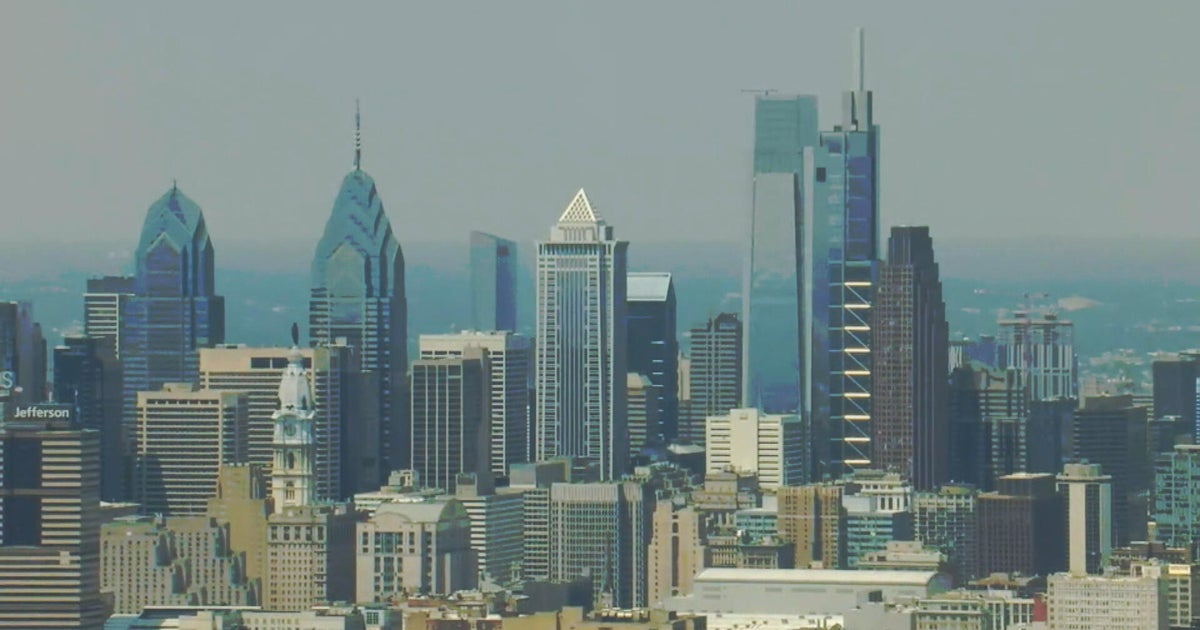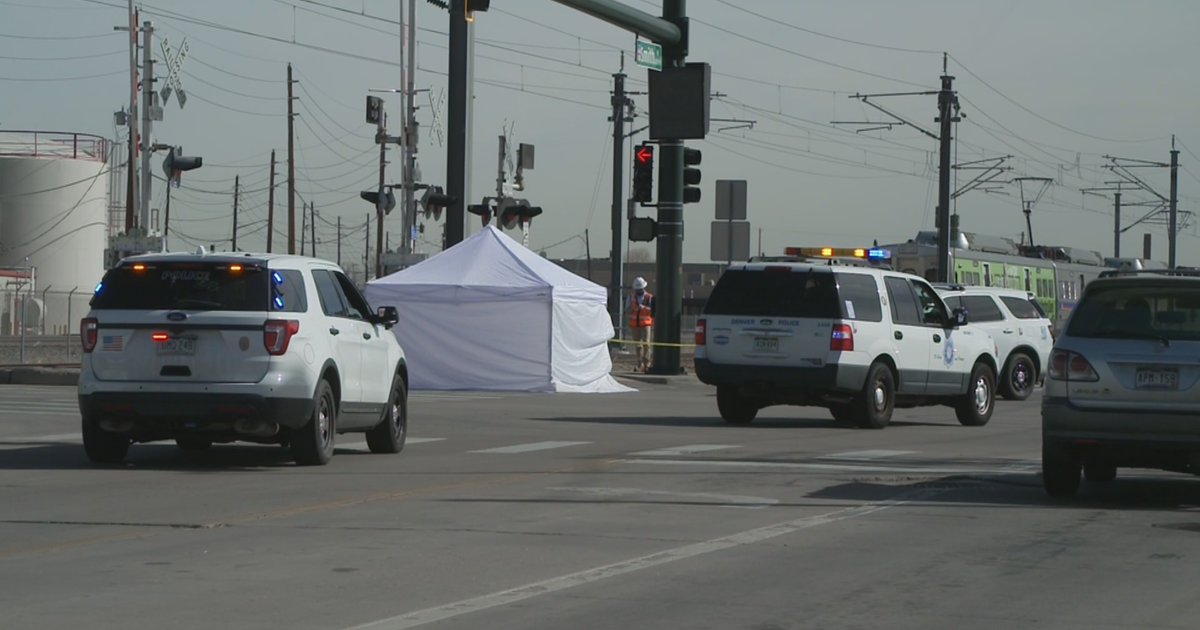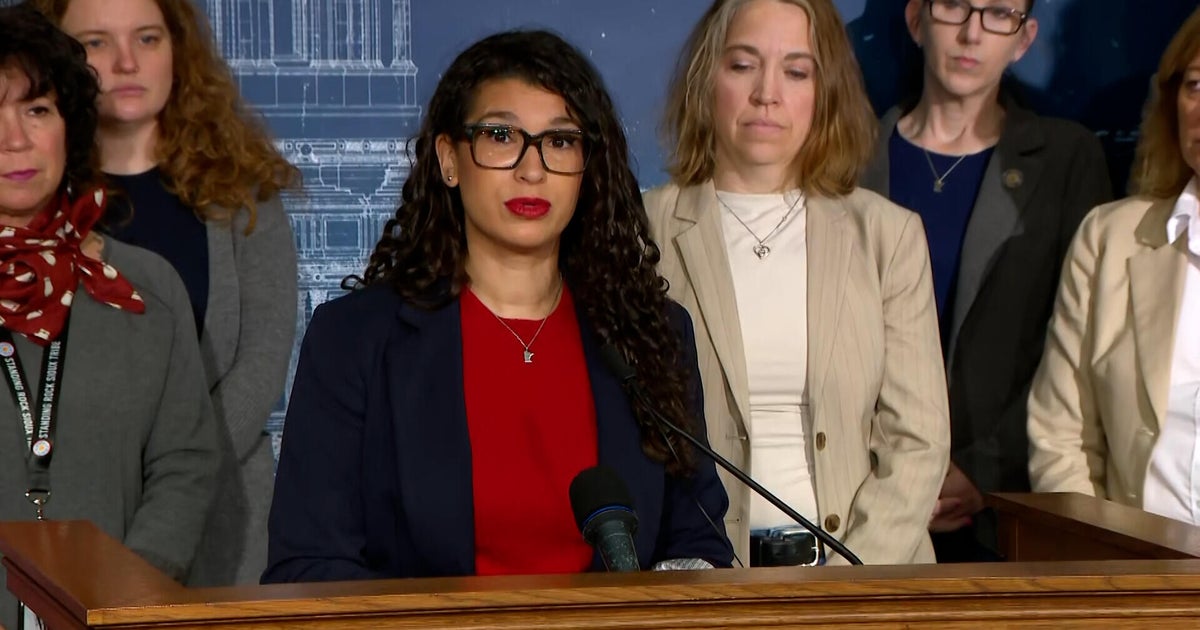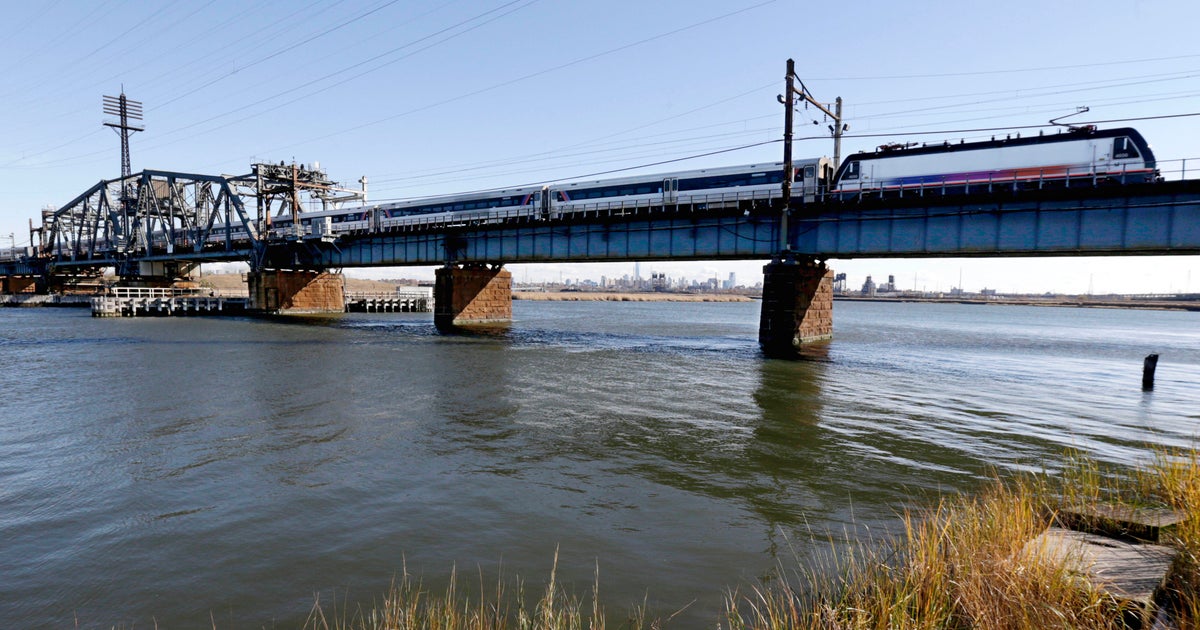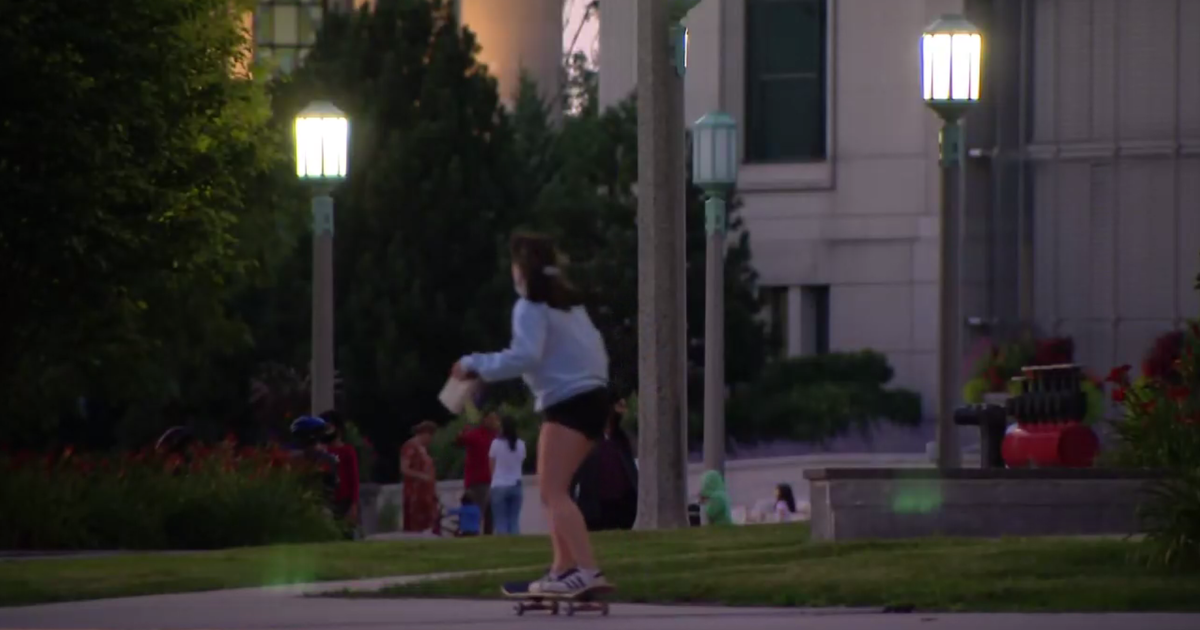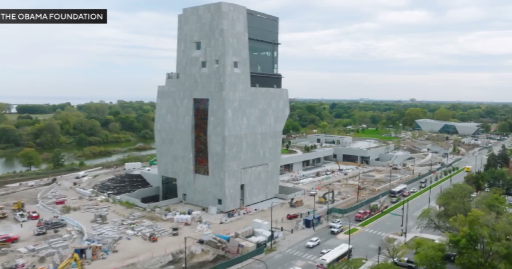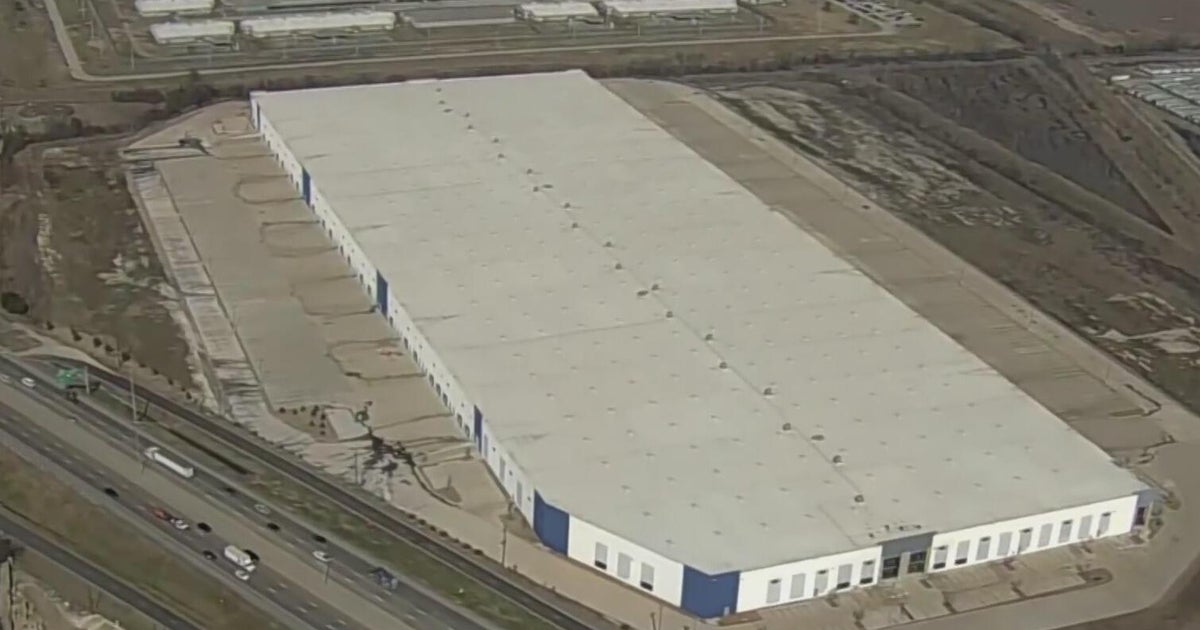Metra Taking Action To Curb Pollution On Trains
CHICAGO (CBS) -- Metra has been working to identify the sources of air pollution on its trains, and now the commuter rail agency is taking action.
As CBS 2's Kris Habermehl reports, the Chicago Tribune says Metra is switching to more efficient air filters that can reduce the amount of diesel soot inside train cars by 75 percent during outbound trips.
The results are promising enough that Metra plans to spend $200,000 a year to place the new filters in all of its cars. The filters will be in all cars within 90 days, the newspaper reported.
The new filters are among several equipment changes that were considered over the past six months to curb exposure to noxious smoke from the dirty 1970s-era locomotives in the Metra system, the Tribune reported.
Metra still has to work on its platforms, particularly at the south end of Union Station where soot gets trapped. The agency is also in the process of making the aging locomotives run better, including switching to cleaner diesel that has reduced soot emissions by about 8 percent, the Tribune reported.
Metra is also seeking federal funding to install technology that will shut down the engines automatically when they idle longer than 10 minutes, the newspaper reported.
A Tribune investigation year found riders inside the outbound trains, specifically the first car behind the locomotive leaving the south platform at Union Station, were inhaling the highest levels of lung damaging soot.
Metra's own tests verify what independent published reports indicated.
Standard soot levels on a busy city street measure about 2 micrograms per cubic meter of air. Metra found on one outbound Union Pacific North Run, the car just behind the engine registered 357 micrograms and averaged 30. In the last car, levels peaked at 31 and averaged three.
The study also revealed that higher than normal levels were found on outbound trains leaving the LaSalle Street station, which unlike Union Station, is an open-air facility.
Currently, there is no public health standard for on-board air, but Metra has still taken action to correct the problem that's angered some riders.
